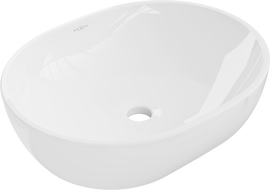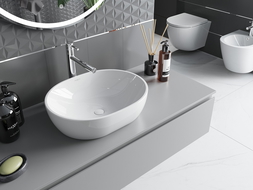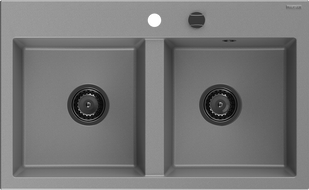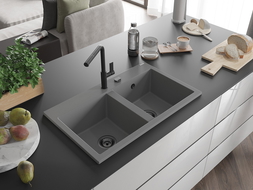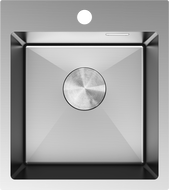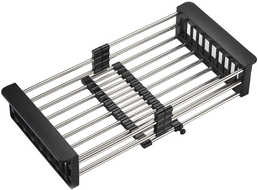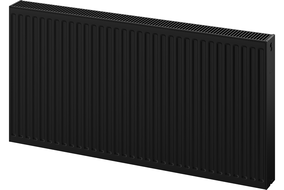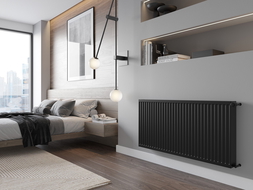
Lovers of small black coffee, fans of cappuccino with foam, connoisseurs of soy latte. We all know that good water and excellent beans do not guarantee success. The way of brewing coffee is equally important. Currently, fully automatic coffee machines are becoming increasingly popular, allowing you to choose your favorite type of coffee with a single button press and enjoy its aroma shortly after. Delicious coffee, tasting just like from the best café, will accompany you every day, but you must take care of the cleanliness of your coffee machine.
Why is descaling the coffee machine so important?
Irregular cleaning of the coffee machine can lead to fat from coffee and milk accumulating on the walls, as well as limescale deposits significantly altering the taste of the coffee. If it suddenly turns out that your favorite coffee no longer tastes right, you'll need to clean the machine. Hard water used in the coffee machine can accumulate over time both on the machine's walls and its heating element, as well as in the pipes that supply water. This can weaken the heating element's effectiveness, and in the worst-case scenario, lead to its burning out. Not to mention the deterioration in the taste of coffee.
To ensure the proper functioning of your espresso machine, you should descale it regularly. The newest models of fully automatic coffee machines have a feature that detects impurities, so you don’t have to worry about remembering to descale it; the appropriate information will appear on the machine's display. In the case of machines lacking this useful feature, you should pay attention to whether, for example, the machine has started to operate louder or less efficiently than usual.
Methods for descaling the coffee machine
If you want to descale your coffee machine, you have several options to choose from, all nearly equally effective. Depending on the manufacturer's recommendations found in the user manual, you can use ready-made cleaning products for pressure coffee machines – in the form of liquid, powder, or tablets, or you can opt for homemade methods based on products you probably have at home. If you want to use homemade methods for descaling, reach for citric acid or lemon juice.
Descaling the coffee machine is relatively simple; in automatic machines, there is often a special maintenance program designed for specific models. All you need to do is pour in water and add the cleaning powder, then turn on the machine, and you're done. The machine automatically activates a special cleaning program, rinsing out any coffee residue and removing limescale deposits. It's worth remembering to replace the water filter cartridge; using soft water allows for less frequent descaling of the machine.
If you need to descale a drip coffee maker or a portafilter machine, cleaning involves adding a spoonful of granular citric acid to the water container. After adding water, simply start the machine. If you don't have citric acid, you can use vinegar; it should be diluted with water in a 1:2 ratio and left for at least fifteen minutes. After this time, you must thoroughly rinse the interior of the coffee machine.
How often to clean the espresso machine?
If you want to always enjoy the full taste and aroma of your favorite coffee, you cannot neglect regular cleaning of the equipment. This applies to both descaling and cleaning the milk system. For this purpose, all parts that can be disconnected from the device should be washed under running water with a mild detergent. What can be washed separately depends on the type of coffee machine. The remaining cleaning steps proceed as discussed above.
How often you need to conduct a thorough cleaning of the coffee machine mainly depends on how much coffee you drink daily. The more you drink, the more often you should clean it. Otherwise, a dirty device consumes more electricity, decreasing its efficiency. Don't forget about the milk frothing system; if the milk nozzle becomes clogged, it will cease to perform its function, and besides that, remnants of old milk can significantly spoil the taste and aroma of coffee brewed with even the best beans.


